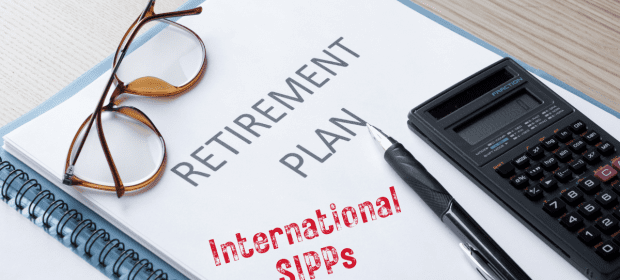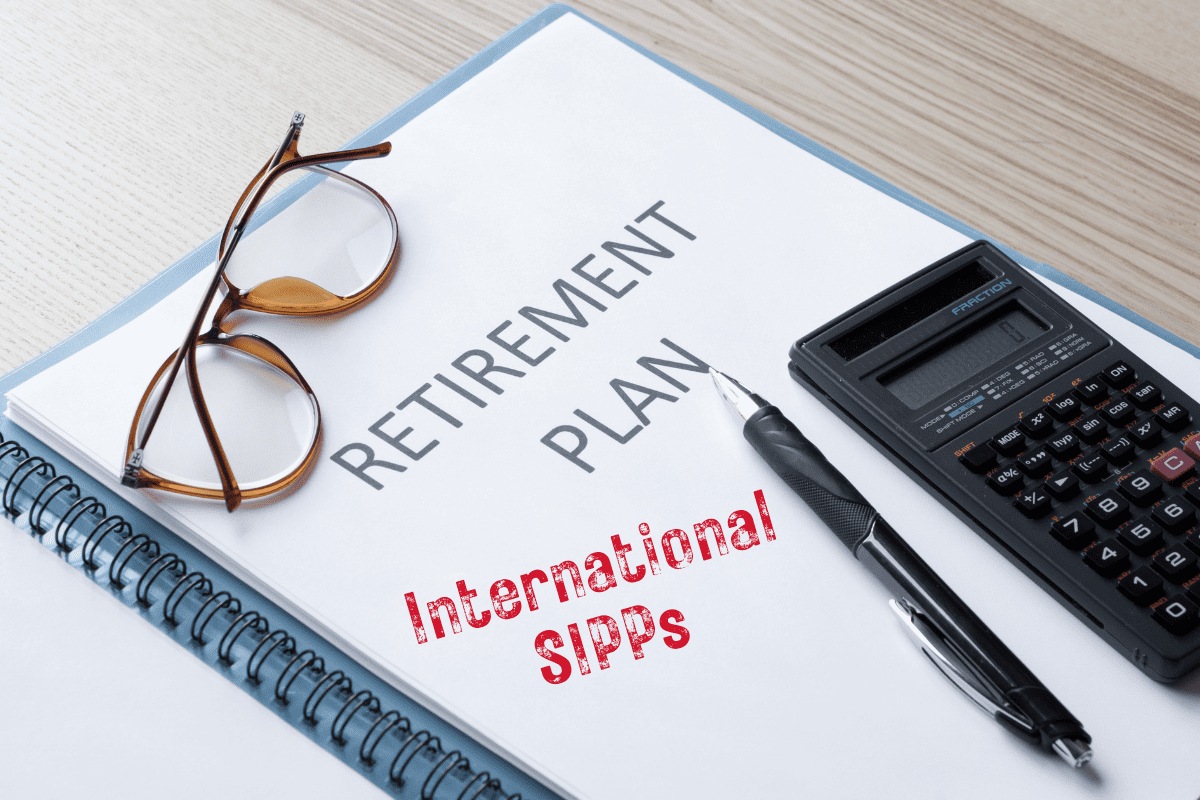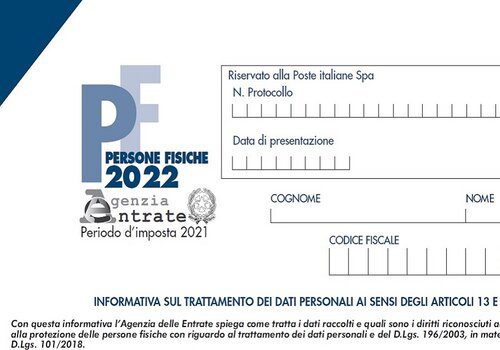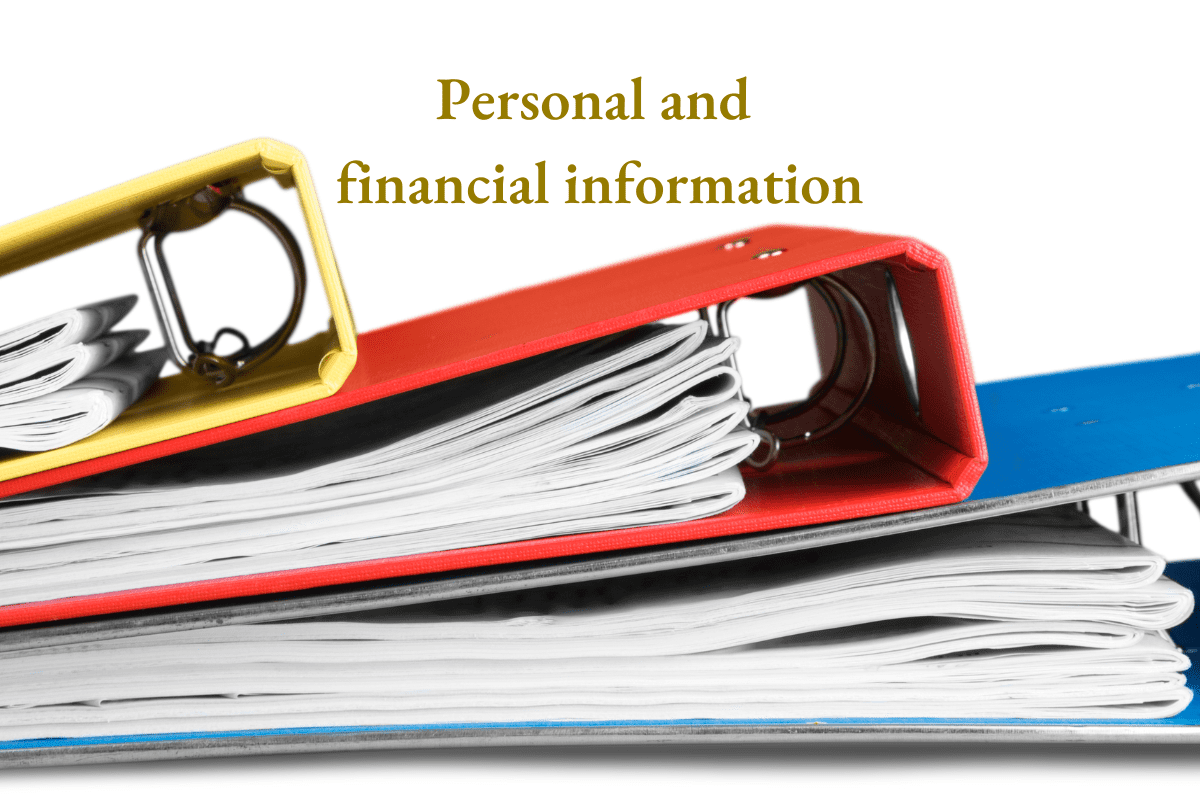Investment and fund management
There are several different investment management styles to consider and each will have benefits and drawbacks. The key difference are between a managed/active/discretionary route, and a passive/tracker approach, and this can be a divisive area within the investment industry.
In order to put into context the differences between these styles and which approach may be right for you, let’s first look at what a stock market index is.
An index simply measures the performance of a group/basket of shares. For example, the S&P 500 index tracks the performance of the shares in the largest 500 companies in America. As the US market is the largest stock market in the world, and the US is the world’s largest economy, it is often seen as a barometer for the health of global markets in general. The equivalent index in the UK is the FTSE 100 index.
Managed/active management/discretionary
Historically, most private investors would invest through a fund manager. In this way, you would pay an annual percentage fee to an investment institution to actively manage your investment i.e. make the buying and selling decision on your behalf.
The aim of investing in managed investments is to generate better investment returns than the stock market index as a whole, or another appropriate benchmark.
Discretionary investment is a specialist branch of managed investment whereby the manager has a greater range of investment powers and freedoms to make buying and selling decisions without your consent (although always within with the remit and investment powers that you grant at outset).
Over recent years there have been numerous studies to suggest that many fund managers do not achieve their aims of beating their respective benchmarks, and it has led some investors to favour a “passive” investment approach.


























